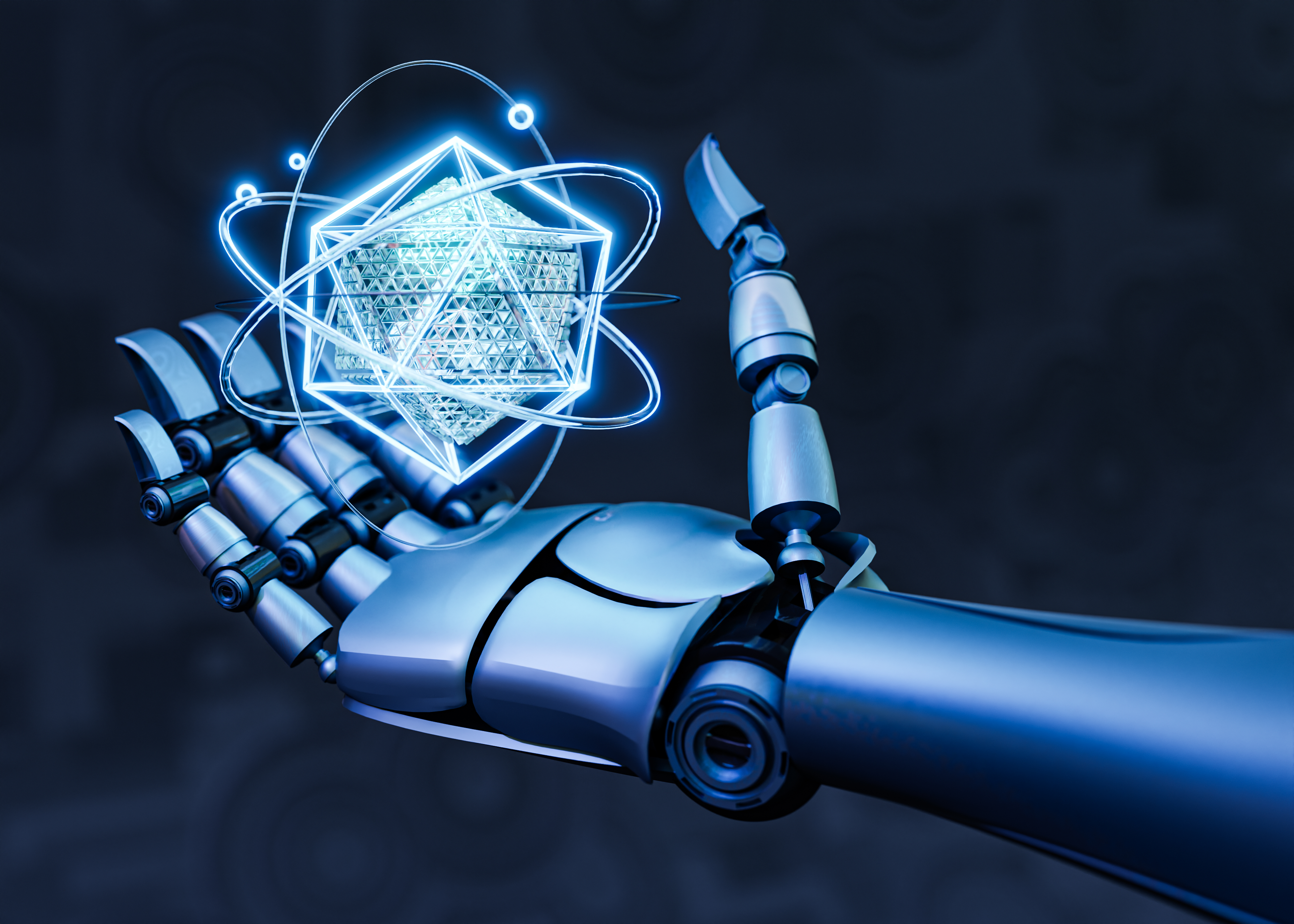In recent years, Artificial Intelligence (AI) has transformed numerous industries, and education is no exception. As we step into 2024, the impact of AI on education is becoming more profound, reshaping how students learn, how teachers teach, and how educational institutions operate. AI technologies are not just a trend; they are a revolution driving efficiency, personalized learning, and accessibility like never before.
Personalized Learning: A Game Changer
One of the most significant contributions of AI in education is its ability to provide personalized learning experiences. Every student learns at their own pace, with unique strengths and weaknesses. Traditional classroom models, however, often struggle to cater to individual needs. AI technologies, through intelligent tutoring systems and adaptive learning platforms, can assess a student’s performance, identify gaps in their understanding, and customize content accordingly.
In 2024, AI-driven platforms are increasingly able to analyze data from students’ activities to offer tailored learning paths. For example, Jupsoft’s School ERP uses AI algorithms to track student progress and suggest personalized assignments or tutorials that help them master challenging subjects. This not only improves learning outcomes but also boosts student engagement by delivering content that matches their abilities and interests.
Enhancing Teachers' Productivity
AI isn't here to replace teachers; instead, it empowers them to be more effective. By automating repetitive tasks like grading assignments, taking attendance, or scheduling lessons, AI allows educators to focus on more meaningful activities such as student mentoring, lesson planning, and curriculum improvement.
Moreover, AI-based tools can provide insights into a classroom’s performance, identifying students who may need extra attention. Teachers can also benefit from AI-generated suggestions on how to improve lesson plans, making the teaching process more dynamic and interactive. Jupsoft’s AI-enhanced tools help teachers gain insights into each student’s learning journey, enabling more informed decisions and fostering a supportive learning environment.
Smart Content Creation and Curation
AI is revolutionizing content creation in education by offering new ways to create dynamic and interactive materials. In 2024, we are seeing more AI-generated learning content, from textbooks to interactive simulations and quizzes. This content is continuously updated based on the latest research and curriculum changes, ensuring that students always have access to the most relevant and engaging material.
Additionally, AI tools are being used to curate content for different learning needs. For example, AI can automatically select the best learning materials for a student who excels in science but struggles with math. This smart curation helps maintain a balanced and comprehensive learning experience, allowing students to work on their weaknesses while still nurturing their strengths.
AI-Powered Learning Assistants
The rise of AI-powered chatbots and virtual assistants is another trend that is gaining momentum in education. These AI assistants, available 24/7, offer students instant help with queries about lessons, homework, or school policies. These assistants can simulate human-like interactions and provide resources, explanations, or even practice tests based on a student’s individual requirements.
In 2024, these AI-driven systems are becoming more sophisticated, not only responding to questions but also engaging in meaningful conversations that promote critical thinking. By integrating AI assistants into Jupsoft’s School ERP, educational institutions can ensure that students receive the help they need anytime, breaking down barriers to access and offering support in real-time.
AI and Administrative Efficiency
Beyond learning, AI is streamlining the administrative tasks that consume significant resources in educational institutions. From managing student records to automating admissions processes, AI technologies are enabling schools and colleges to operate more efficiently.
AI-driven analytics can also predict student outcomes based on past data, allowing schools to make proactive decisions regarding interventions, resource allocation, and even student retention strategies. For institutions using Jupsoft’s AI-enabled ERP solutions, this results in better planning, reduced administrative burdens, and more time to focus on student-centric initiatives.
Preparing Students for an AI-Driven Future
As AI continues to transform the job market, it’s essential that education keeps pace. In 2024, schools are integrating AI-related courses and modules into their curriculums, ensuring that students are not only familiar with AI technologies but also capable of thriving in an AI-driven world.
AI is being used to teach AI. Machine learning platforms, for example, allow students to experiment with algorithms, understand data science, and even develop their own AI projects. At Jupsoft, we are committed to preparing the next generation for this reality by offering tools and platforms that support AI literacy and development.
Conclusion
AI is undoubtedly shaping the future of education, offering unprecedented opportunities for personalized learning, enhanced productivity, and smarter decision-making. At Jupsoft, we believe in harnessing the power of AI to create better educational experiences for students, teachers, and administrators alike. As 2024 unfolds, AI will continue to redefine what is possible in education, making learning more accessible, adaptive, and impactful.
By staying at the forefront of this technological evolution, Jupsoft is committed to transforming education and helping institutions unlock the full potential of AI-driven learning.
